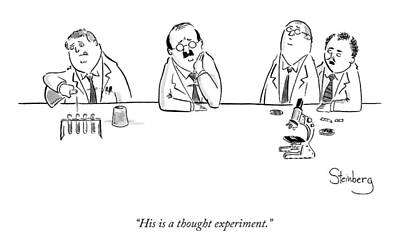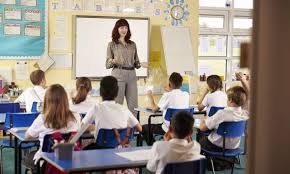
Daniel Mintz, Chair of the Department of Information Technology at the University of Maryland Global Campus posted on Facebook a very interesting thought experiment. Mintz openly acknowledged that he suffers from TDS (Trump Derangement Syndrome). He describes the lead up to a Trump victory in November based on his speculation that Trump decides to control the election. The text of his post is below.
What would he (Trump) do? Among other things:
- Has learned that undoing executive authority, even if unconstitutional, takes a lot of time (I think Mr. Mintz needs to read Defender in Chief: Donald Trump’s Fight for Presidential Power by John Yoo)
- Say the election was going to be stolen by Democrats
- Disparage the use of mail-in ballots
- Attempt to establish that the opposing candidate is senile and outside of normal behavior (hates God for example) – opposing candidate helps make the case
- Ignore the involvement of Russia and China in their attempts to manipulate the US election and insert misinformation since that adds to the chaos
- At the same time put strong supporters in charge of the US Postal Service to control the flow of mail-in ballots, including replacing all career operational leadership (in August so that this is not in the news in October/November)
- Keep up a drumbeat that local and state governments, especially with Democrat leadership are in favor of violent extremists
- Establish that it is ‘okay’ to send in federal representatives to ‘support’ local legal authorities
- Attempt to encourage local violence so that he can use those federal representatives to manage election polling locations, perhaps put such representatives in place to act as election judges (since there is an enormous shortage of polling judges across the country made much worse because of COVID-19)
- And thus control all aspects of the vote count

